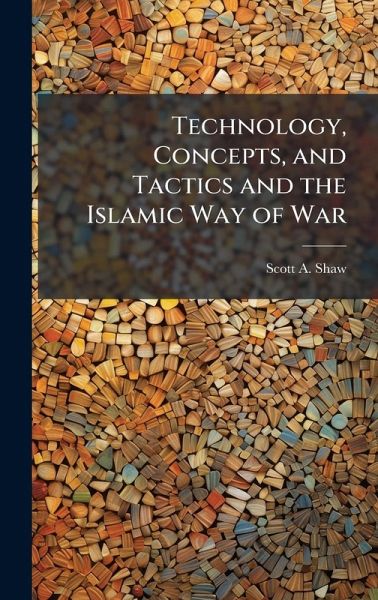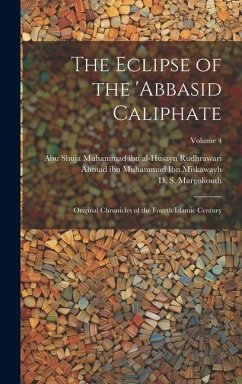
Technology, Concepts, and Tactics and the Islamic Way of War
Versandkostenfrei!
Versandfertig in über 4 Wochen
28,99 €
inkl. MwSt.
Weitere Ausgaben:

PAYBACK Punkte
14 °P sammeln!
The United States has attempted for several decades to assist in the modernization of armies in the Middle East. These armies are rich in tradition and heritage of medieval and pre-modern Islamic armies. Islamic armies possess an ability to assimilate technology, concepts, and tactics from external sources, but refuse to assimilate the associated culture of that technology. Instead, they choose to use foreign ideas and technology in an Islamic manner. They create massive land armies of untrained soldiers unable to assimilate modern technology, concepts, and tactics. Their inability to develop ...
The United States has attempted for several decades to assist in the modernization of armies in the Middle East. These armies are rich in tradition and heritage of medieval and pre-modern Islamic armies. Islamic armies possess an ability to assimilate technology, concepts, and tactics from external sources, but refuse to assimilate the associated culture of that technology. Instead, they choose to use foreign ideas and technology in an Islamic manner. They create massive land armies of untrained soldiers unable to assimilate modern technology, concepts, and tactics. Their inability to develop new technology and effectively utilize imported technology, concepts, and tactics inevitably adversely affects their performance. This challenge will continue to plague the United States unless there is a significant effort to understand the underlying culture of those armies. In order for modern Islamic nations to bring their armies out of the Ottoman decay, they must professionalize. Well-educated, well-trained, professional armies are superior to larger less well-trained and educated armies. Perfect examples of this are the wars between Israel and Egypt in the 1960s and early 1970s. Understanding the complexity of developing a well educated, well trained Islamic will assist US military personnel advise Islamic armies in the pursuit of modernization. This work has been selected by scholars as being culturally important, and is part of the knowledge base of civilization as we know it. This work was reproduced from the original artifact, and remains as true to the original work as possible. Therefore, you will see the original copyright references, library stamps (as most of these works have been housed in our most important libraries around the world), and other notations in the work. This work is in the public domain in the United States of America, and possibly other nations. Within the United States, you may freely copy and distribute this work, as no entity (individual or corporate) has a copyright on the body of the work. As a reproduction of a historical artifact, this work may contain missing or blurred pages, poor pictures, errant marks, etc. Scholars believe, and we concur, that this work is important enough to be preserved, reproduced, and made generally available to the public. We appreciate your support of the preservation process, and thank you for being an important part of keeping this knowledge alive and relevant.












